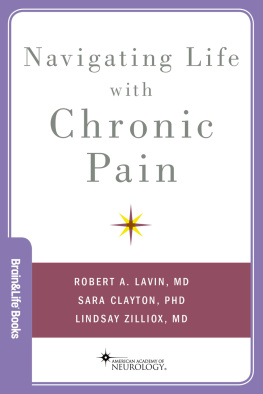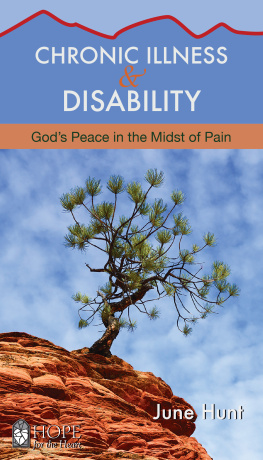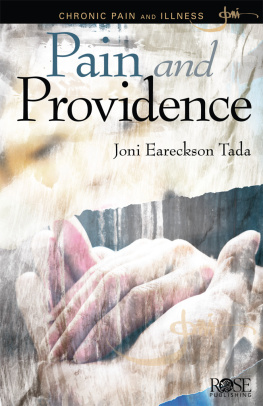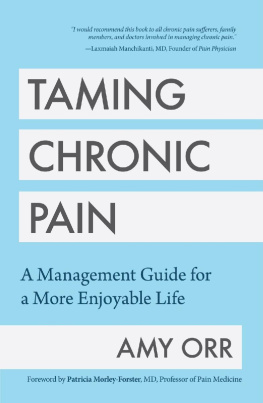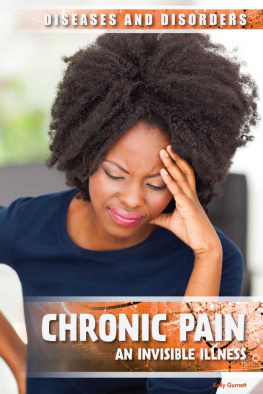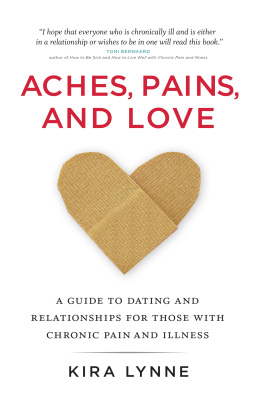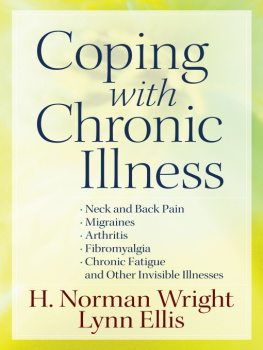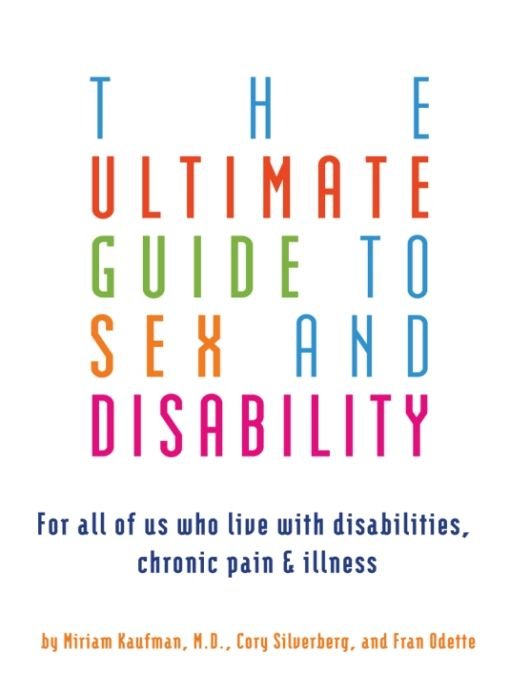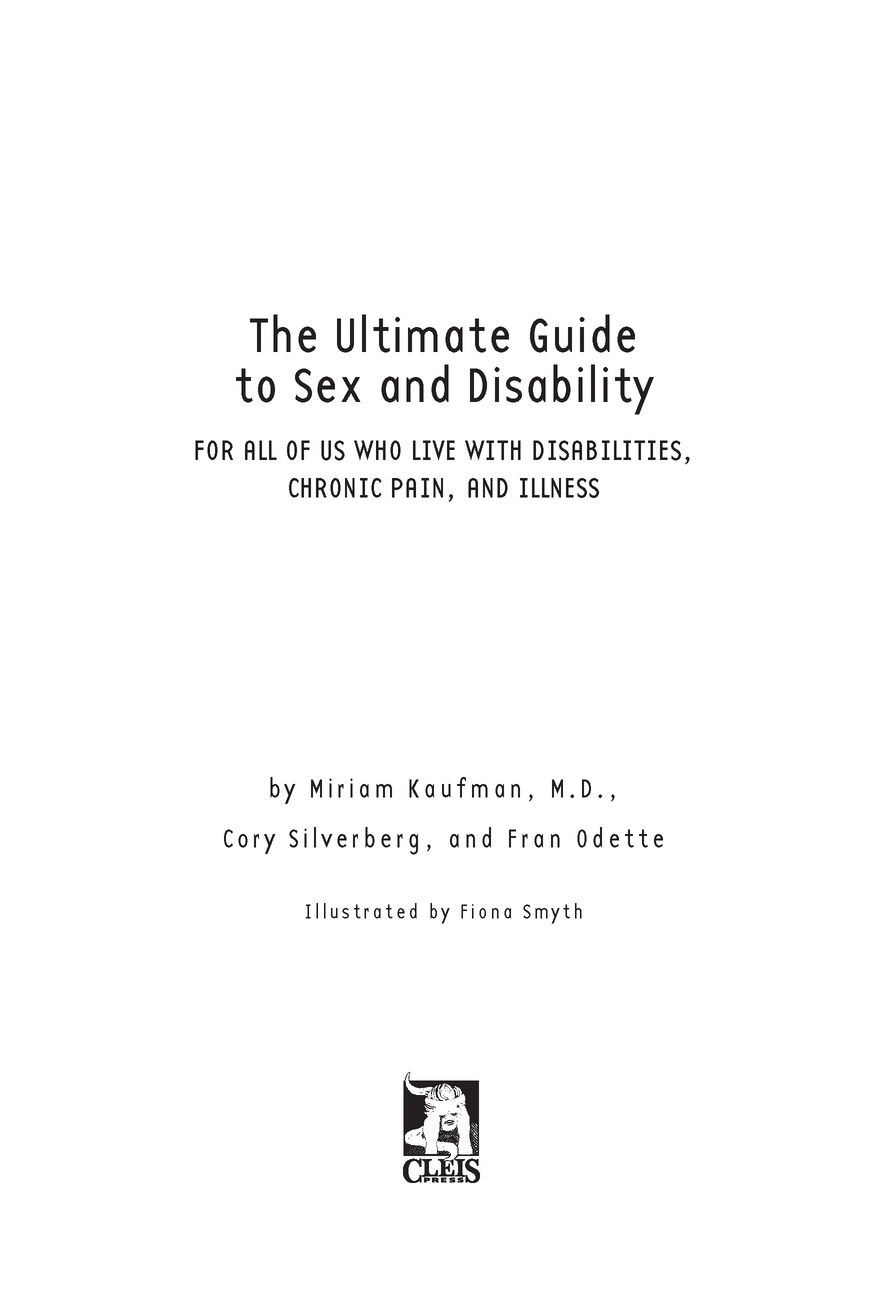Table of Contents
ABOUT THE AUTHORS
MIRIAM KAUFMAN, M.D., is a pediatrician and adolescent health specialist at the Hospital for Sick Children in Toronto and an Associate Professor at the University of Toronto. She is the author of Easy for You to Say: Q&As for Teens Living with Chronic Illness or Disability and Overcoming Teen Depression: A Guide for Parents, co-author of Your Overweight Child: Promoting Fitness and Self-Esteem, and is the editor of Mothering Teens: Understanding the Adolescent Years. She is a regular speaker at conferences and has been interviewed by The New York Times, Time Magazine and many other newspapers and magazines. She has appeared on television and radio, including The Oprah Winfrey Show and the CBC. She graduated from Duke University School of Nursing and Queens University Faculty of Medicine.
CORY SILVERBERG, M.Ed., is a founding member Come As You Are, a co-operatively run, education based sex store in Toronto. He has conducted workshops across North America on sex toys, sexual communication, and sexuality and disability. He is a media consultant and a regular contributor in the national media on the subject of sexuality. He received his Masters of Education specializing in counseling psychology from the University of Toronto.
FRAN ODETTE, MSW, is a project coordinator with the Women with Disabilities and Violence Initiative at Education Wife Assault in Toronto. She is the former Project Coordinator of SexAbility: A Program of Planned Parenthood of Toronto in partnership with the Anne Johnston Health Station. She has presented on the topics of womens health, body image, sexual health, and disability across Canada and the U.S. She received her Masters in Social Work from Carlton University.
To the memory of
Barbara Waxman Fiducia
Acknowledgments
First and foremost we want to thank all the people who participated in our survey. Their words guided the content of this book and gave it a spirit far beyond what we could have done ourselves. Thanks also go to our professional readers Sharon Vilcini, Ann Barrett, and Barry Siskind who waded through a much longer, more chaotic version of this book and made it leaner and more thoughtful.
The work of many colleagues (some of whom we have never met) has inspired us as we put this book together. Thanks in this regard to Michael Barrett, Linda Crabtree, Dominic Davies, Kath Duncan, Anne Finger, Dave Hingsburger, Paul Longmore, Susan Ludwig, Nancy Mairs, Linda Mona, Corbett OToole, Tuppy Owens, Kenneth Ray Stubbs, Mitch Tepper, and Rebecca Widom.
Special thanks to our friends and colleagues who helped out directly in countless ways: Anne Amitay, Rosemary Antze, Chloe Atkins, Roberta Benson, Jennifer Bator, Joani Blank, Viviana Cornejo, Athena Douris, Sarah Forbes-Roberts, Pat Israel, Jasmine Lefresne, Aruna Mitra, Robert Morgan, Caroline OReilly, Rebecca Pitcherack, Carol Queen, Anne Semans, Mary Sutherland, Cathy Winks, Hilde Zitzelsberger, the producers of Sex TV, and the worker-owners of Come As You Are and Good Vibrations.
Finally, we have to thank Felice Newman and Frdrique Delacoste from Cleis Press. They approached us to produce this book and showed infinite patience with three authors who have too many day jobs. We thank them for their enthusiasm, support, and their ongoing commitment to publish books that need to be published.
Abbreviations Used in This Book
| AAC | Augmentative and Alternative Communication |
| AD | Autonomic Dysreflexia |
| ALS | Amyotrophic Lateral Sclerosis |
| CF | Cystic Fibrosis |
| CP | Cerebral Palsy |
| GLBT | Gay, Lesbian, Bisexual, Transgendered/Transsexual |
| MD | Muscular Dystrophy |
| MS | Multiple Sclerosis |
| PCA | Personal Care Attendant |
| PTSD | Post-Traumatic Stress Disorder |
| SCI | Spinal Cord Injury |
| STI/STD | Sexually Transmitted Infection/Sexually Transmitted Disease |
| TAB | Temporarily Abled-Bodied |
Introduction
To realize our sexual freedom, our goal must be to infuse the dominant sexual culture with the richness of our own experience. We must celebrate our differences from those without disabilities. We must see that our differences in appearance and function which are the sources of our degradation also contain the seeds of our sexual liberation.
BARBARA FAYE WAXMAN, Its Time to Politicize Our Sexual Oppression, The Disability Rag, March/April 1991
The ULTIMATE Guide to Sex and Disability? Just who do we think we are, anyway?
Well, we dont think we, or anyone else, could actually write the ultimate guide, if by that we mean a book that says everything that could be said and contains information about every conceivable disability and chronic illness. Instead, we think that each person needs to write their own Ultimate Guide to My Sexuality, and then update it regularly.
This book helps you do precisely that. It pulls together the available information on sex and disability that isnt aimed at a particular disability. While many of the issues in this book are unique to disability, the larger experience of trying to define ones own sexual life is not.
Much of the information in this book comes from our professional work, our interactions with colleagues and clients, and things that have been written in the past. A lot of it comes from our personal experiences with friends and lovers. But what made up the foundation of this book were the responses we got to a survey about sex that we distributed to people living with disabilities. While the other information weve collected is important and we hope it will be helpful, by far the most interesting and informative part of writing this book has been reading and incorporating the survey responses. Our highly unscientific survey was distributed via the Internet and also by telephone. We asked people twelve very open-ended questions about a variety of aspects of sexuality. The responses were amazing and wide-ranging, and those people who didnt like our questions told us so and made up their own instead.
The survey participants whose words enrich so much of this book have a great deal to teach people living with, and without, disabilities and chronic illnesses. Our respondents live with a wide range of mobility, sensory, environmental, developmental, cognitive, and psychiatric disabilities.
We hope this book will generate ideas for you, start conversations among the important people in your life, let you share in the wisdom of those who took our survey, and point you to the rich lode of practical information we found.
In writing this book we often struggled with language. There are three of us: One of us lives with a disability, one has a chronic condition, and the third is currently nondisabled. We decided to use the inclusive we when referring to people with disabilities. We see ourselves as people who struggle with our own issues of difference and who are working to identify with the challenges that our readers face every day. We wrote this book for anyone who is interested in sex. You dont have to have a sexual partner, or even be thinking about getting one. We havent aimed it at those who are a particular gender, or have a particular sexual orientation, or live with a particular disability. Although most of the people who read our book will identify themselves as living with a disability, or chronic pain or illness, we expect that nondisabled partners, parents, health care providers, other care providers, and teachers will be interested as well.


